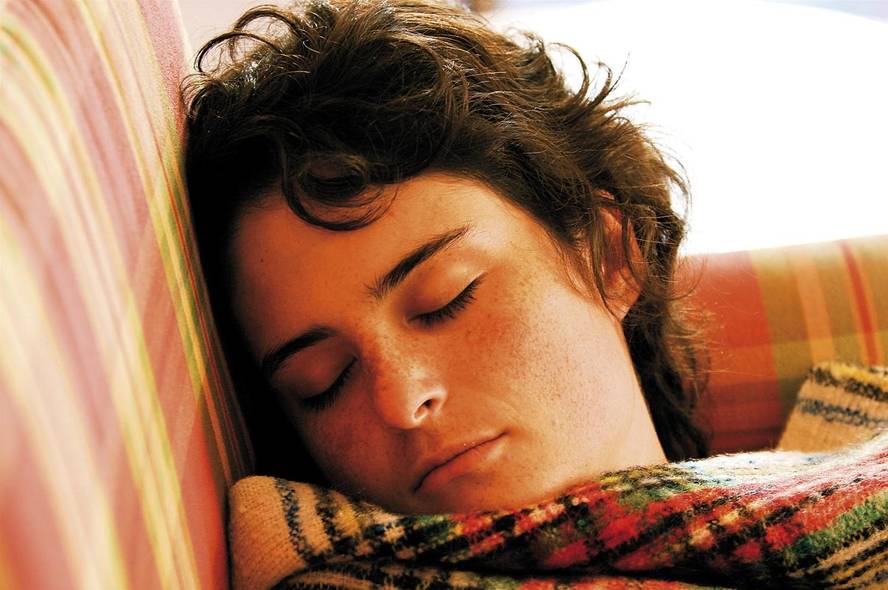Explain the origin of the therapeutic function of dreams
Researchers at Berckeley University (USA) have shown that dreaming has a therapeutic function. In fact, they have discovered that during the REM phase of sleep the brain processes emotional experiences and that at the same time the mechanism of stress is inhibited. Thanks to this, despite the fact that when dreaming painful memories are revived, in the body there is no physiological response that would itself derive from those experiences. Therefore, the emotions associated with these memories are softened and the pain is relieved.
According to the researchers, the research helps to understand why some people suffer post-traumatic alterations. When sleeping, apparently, they are not inhibited the mechanism of stress, so they cannot overcome bad memories, have nightmares and have trouble sleeping. It is also said that people with depression have similar problems.
To reach these conclusions, 35 healthy young adults have been analyzed. They were divided into two groups and each of them showed 150 images of emotional impact, two in two, with a 12-hour band. Meanwhile, the MRI scanner collected images of brain function. The first group saw the images in the morning and at night and the other at night and in the morning after sleep.
The images provoked a much lower emotional response in those who slept than in others. In images with MRI they clearly saw that the amygdala, part of the brain that processes emotions, had a milder reaction in those who slept and that the "rational" aspect of the brain (prefrontal cortex) had control of emotions. Instead, in those who could not sleep between the two visits, the tonsil showed a more violent activity.
In addition, in the group of those who slept, they realized that the concentration of a stress-related neurotransmitter, norepinephrine, was reduced in the REM phase. Hence it follows that the mechanism of stress is inhibited in this phase.
It should be noted that other studies also detected the decrease of norepinephrine and its favorable effect. The decrease was produced as a side effect of a blood pressure control drug, and it was concluded that those affected by post-traumatic alterations did not suffer nightmares and that the quality of sleep was clearly improved. In this sense, researchers have suggested that controlling the concentration of norepinephrine may be a good opportunity to treat such alterations.
The research has been published in the journal Current Biology.






